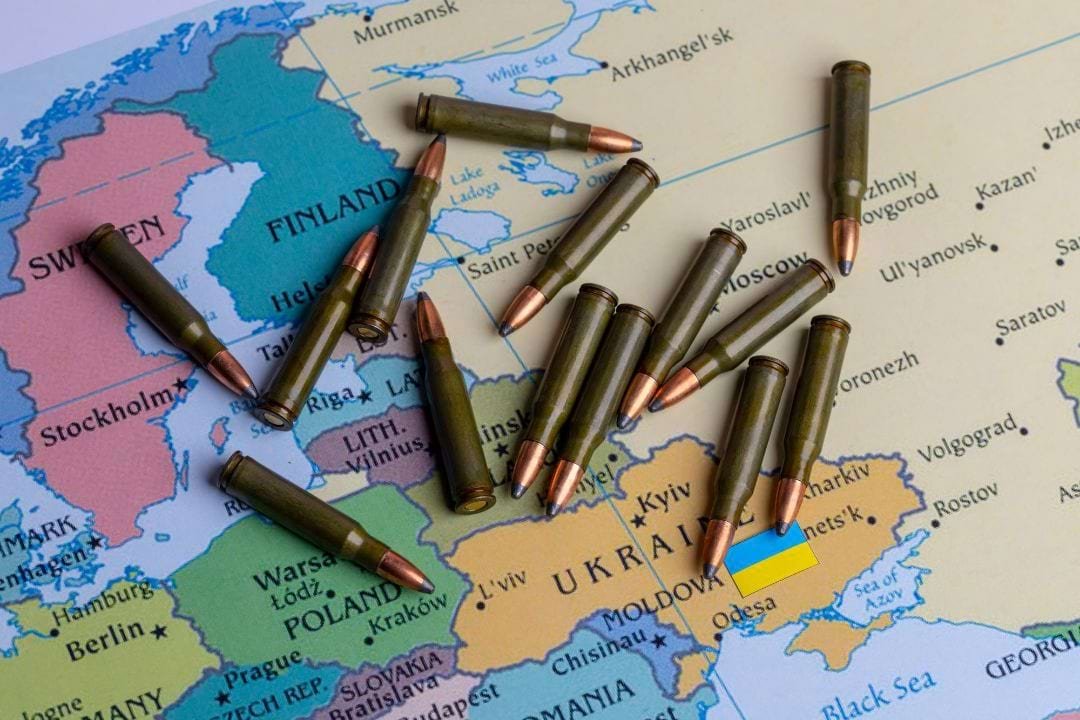A deputy interior minister, Maciej Wasik, confirmed the new procedures and emphasized that they were implemented in response to a record number of migrants trying to cross borders to reach Poland, according to EU Helpers.
Wasik informed the PAP state news agency that "this will not be a reinforcement of 1,000, but of 2,000 soldiers." He emphasized that the Defense Minister gave his approval for the relocation after the national border agency requested more personnel.
Within two weeks, the troops will be deployed and will join the 2,000 soldiers who are already stationed close to the border with Belarus, a neighboring country.
According to a report from Radio Free Europe, Border Guard Minister Mariusz Blaszczak stated that Poland intends to send 10,000 more troops to the Belarusian border.
"About 10,000 soldiers will be on the border, of which 4,000 will directly support the Border Guard, and 6,000 will be in reserve," the minister stated.
Blaszczak claimed that in order to scare the enemy away and prevent it from attacking Poland, they are advancing the army closer to the Belarusian border.
Following severe occurrences involving the Wagner group along their borders with Belarus, Poland, Latvia, and Lithuania may decide to seal their shared borders with Belarus, according to the interior minister of Poland who made the statement last month.
After Wagner mercenaries attempted to train Belarusian special forces a short distance from Poland's borders on July 19, officials in Poland made the decision to transfer military units to its east.
Then, shortly after, Russian President Vladimir Putin accused Poland of harboring territorial aspirations in the former Soviet Union and emphasized that any strike against Belarus would be viewed as an attack on Russia.
Without a doubt, Minister Kaminski said, "we will act jointly if there are serious incidents involving the Wagner group on the borders of NATO and EU countries, such as Poland, Lithuania, or Latvia."
In order to increase security, Polish authorities began to send 500 police officers, 5,000 border guards, and 2,000 troops to the country's eastern border earlier this year.
By August 15, two of Lithuania's six border crossing points with Belarus will be temporarily closed, according to local media sources.

